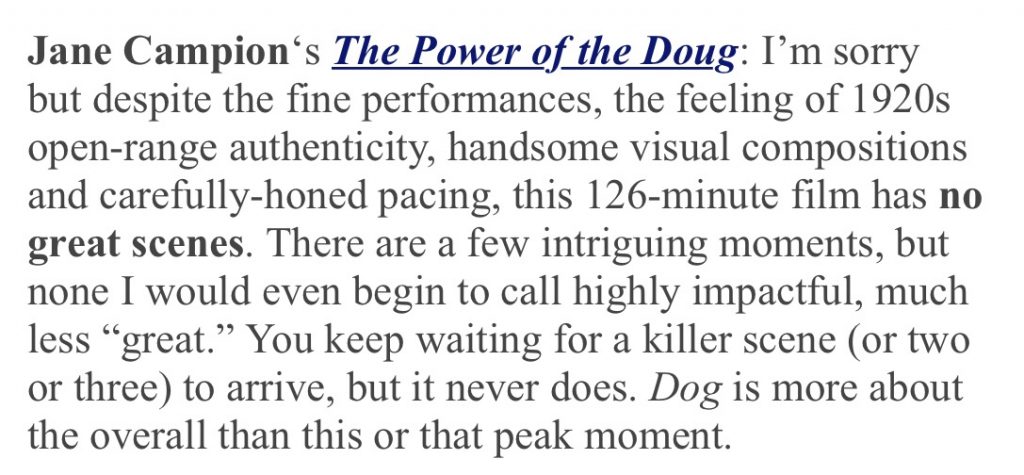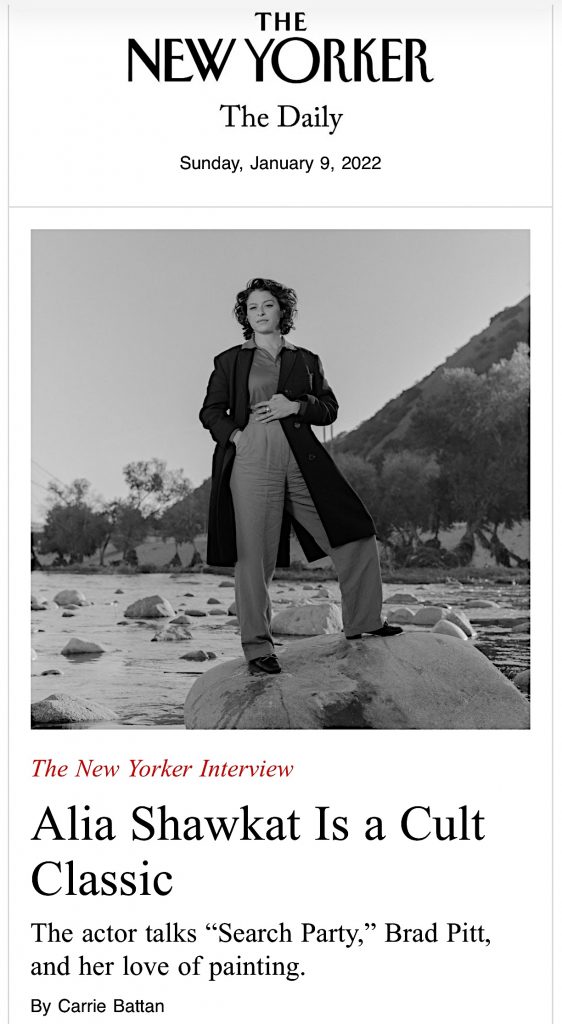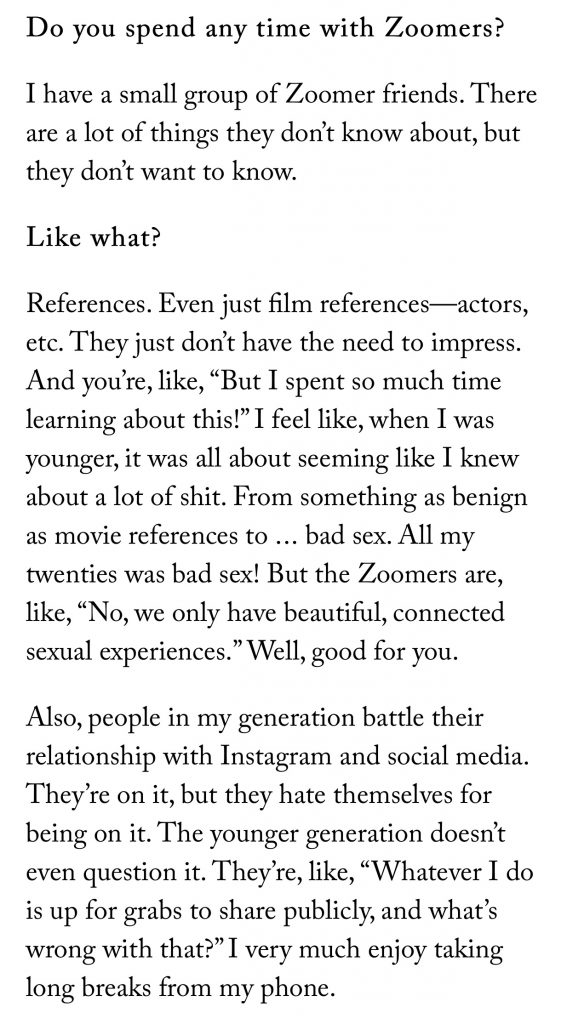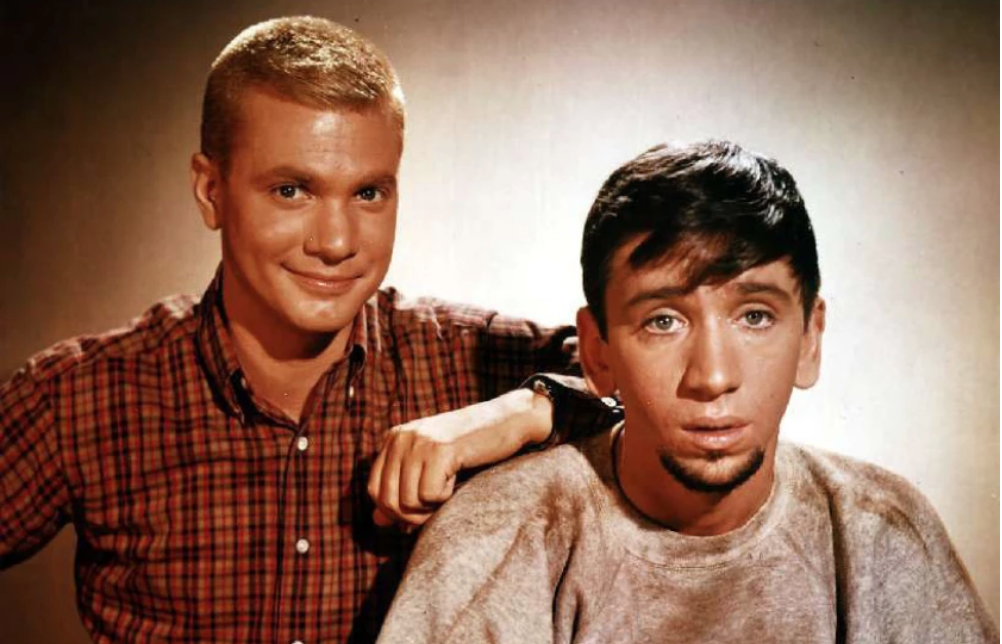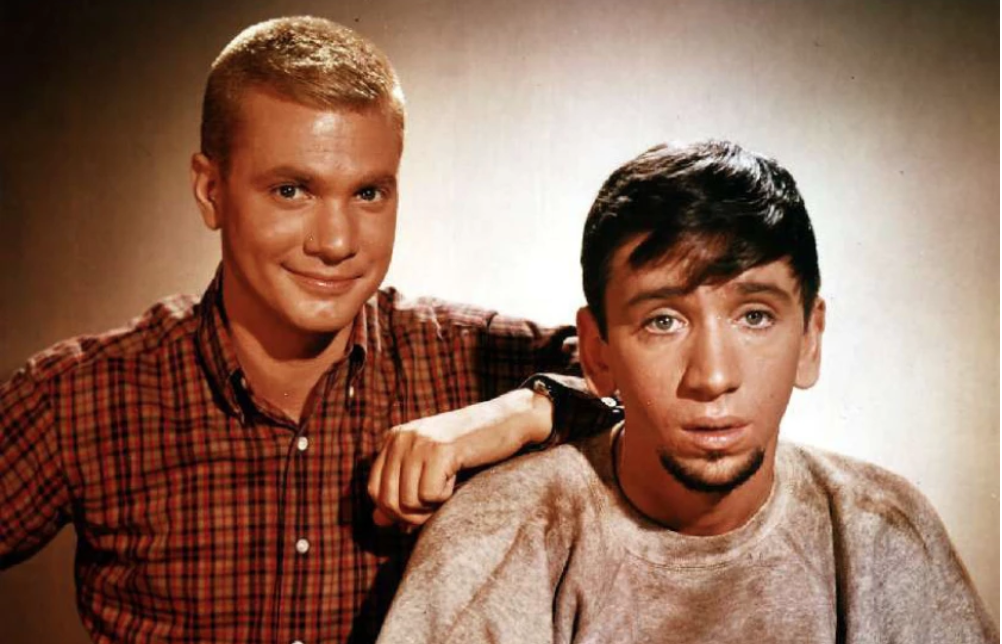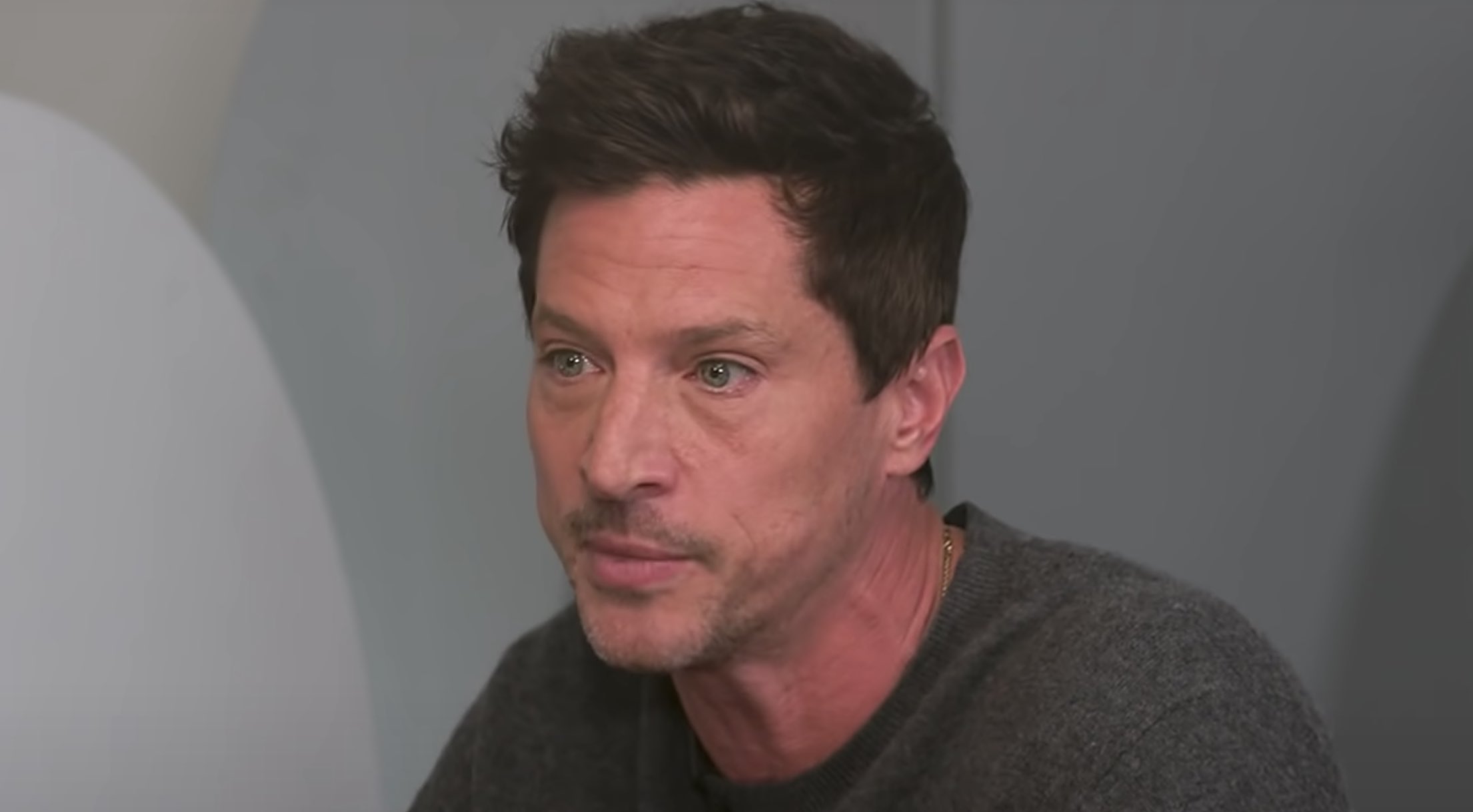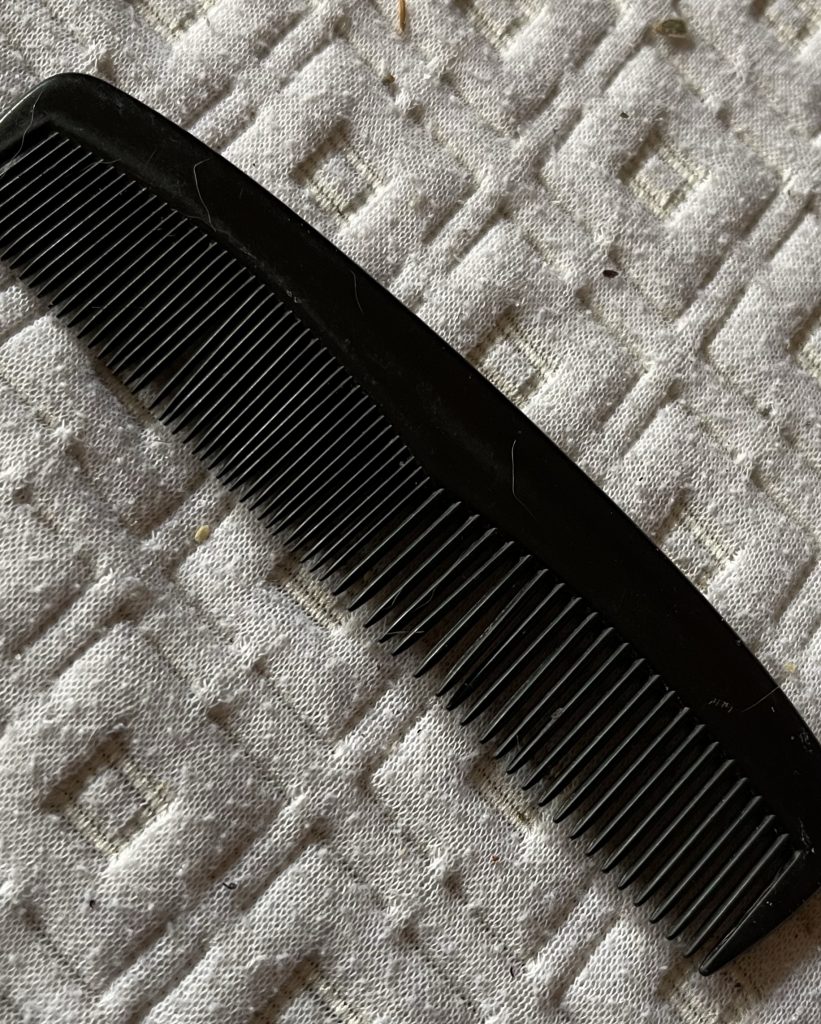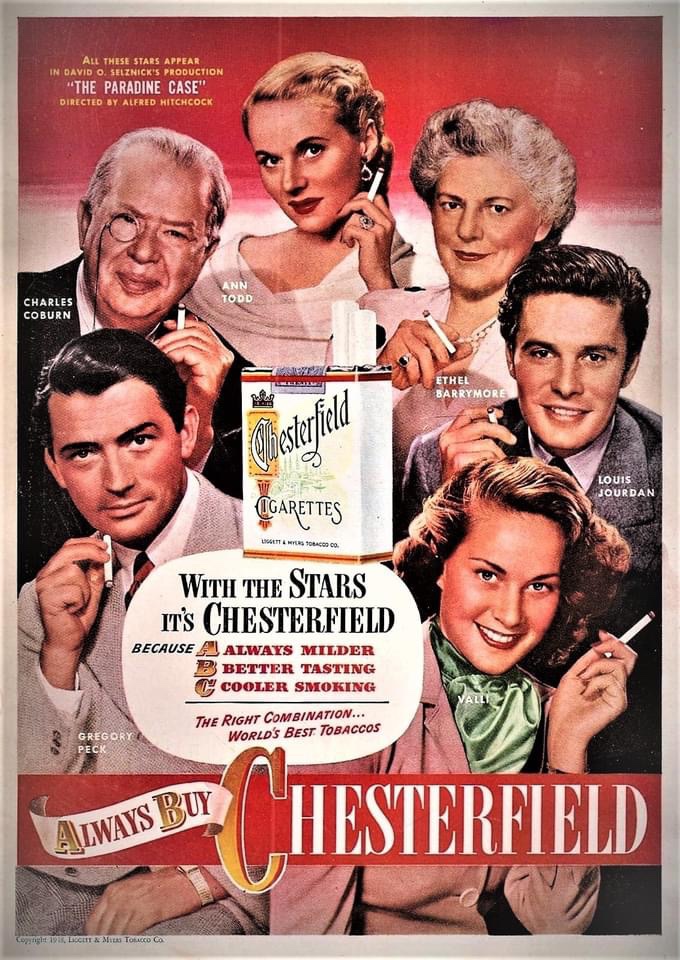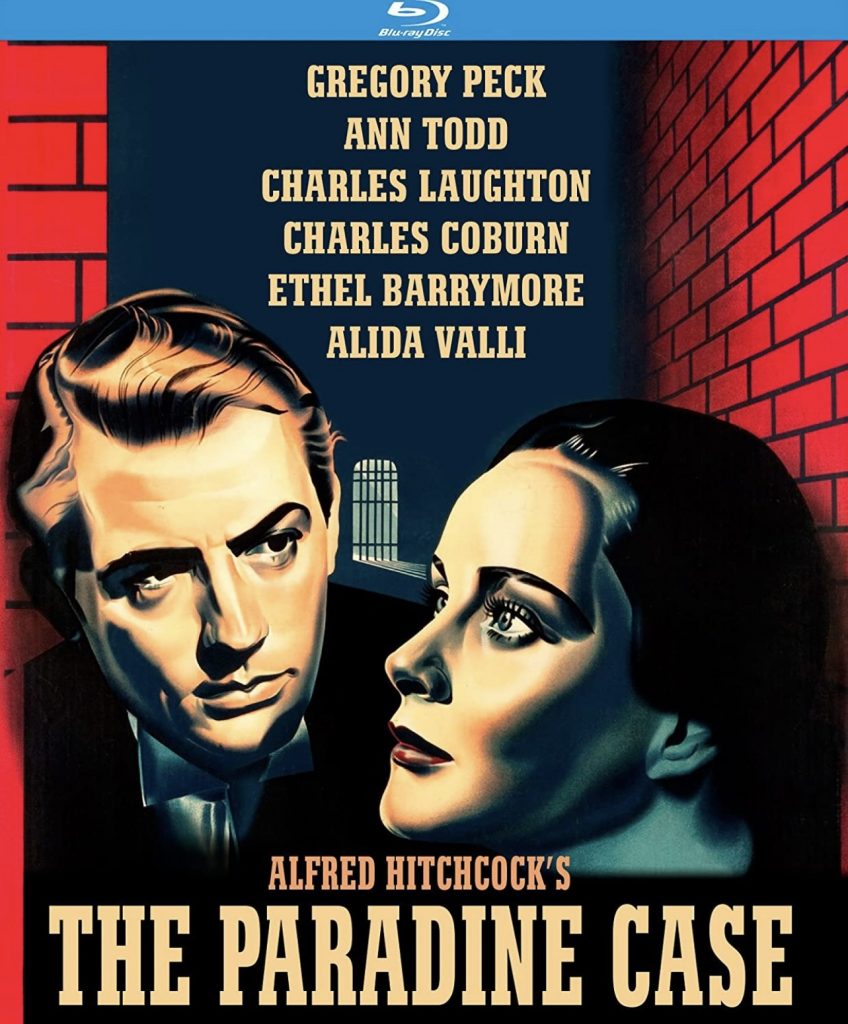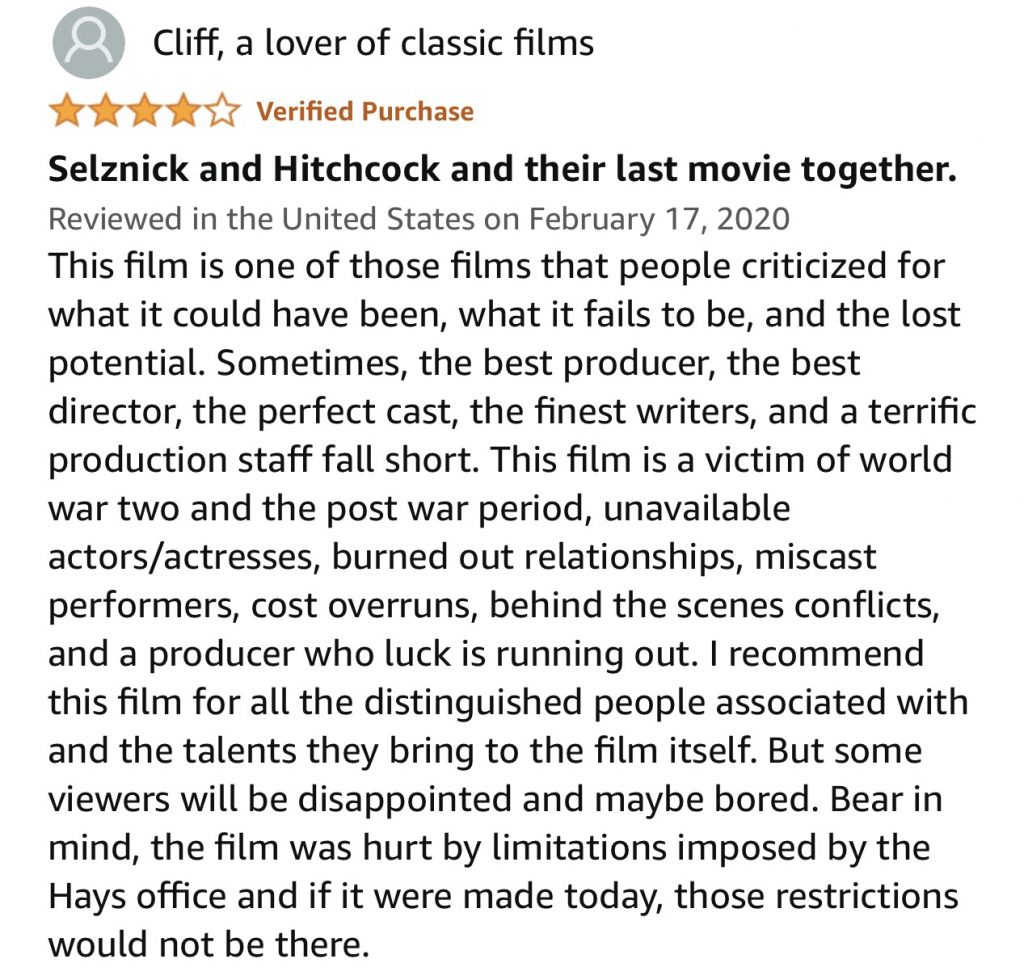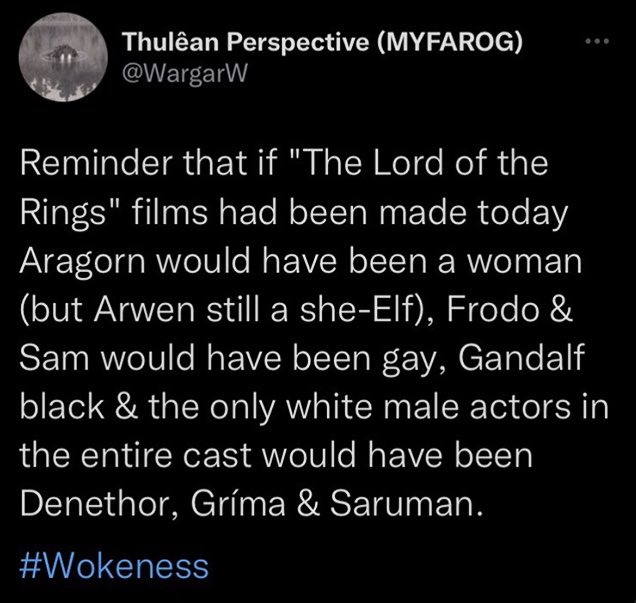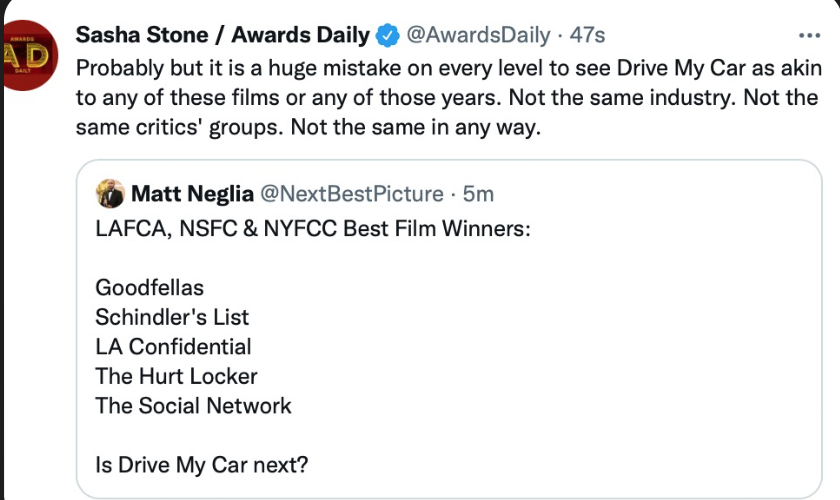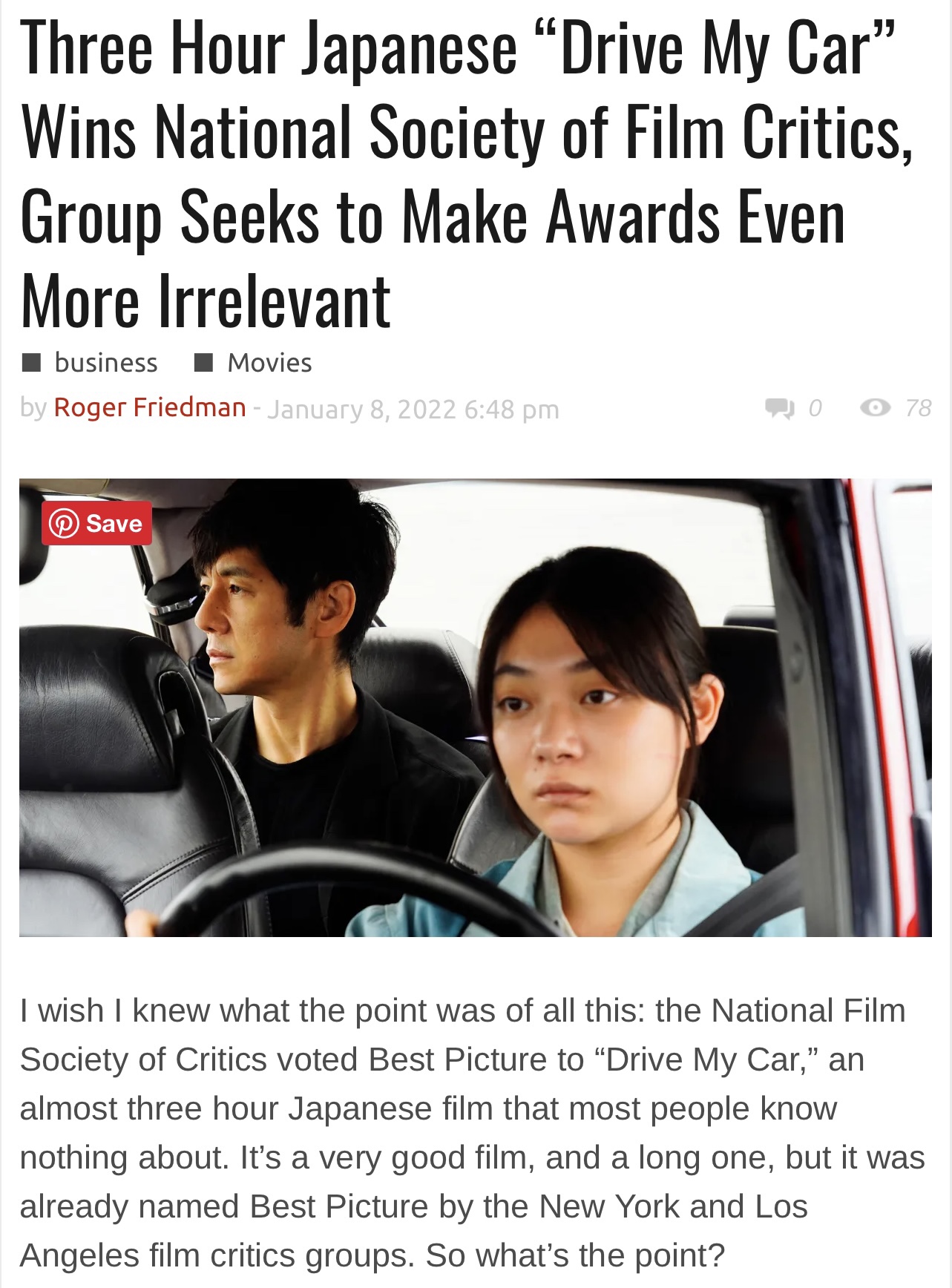I’m sorry to report that Woodstock organizer-producer Michael Lang has passed at age 77. Taken by cancer (non-Hodgkin’s lymphoma) at Manhattan’s Sloan Kettering hospital…tough break. I last spoke with Lang at the June 2009 Manhattan press junket for the Woodstock Bluray, which I own to this day. He struck me as lucid, settled, self-accepting and open to possibilities.


It’s less well known that Lang provided the funding for the re-shooting (or extended shooting) of Wes Anderson and Owen Wilson‘s original black-and-white Bottle Rocket short. Here’s how I explained it on 7.28.11:
It’s fairly common knowledge that the key movers and shakers in turning Wes Anderson and Owen Wilson‘s Bottle Rocket (’96) into a “go” feature were the late Polly Platt, producer-screenwriter L.M. Kit Carson and concert promoter and Woodstock ’69 maestro Michael Lang.
Bottle Rocket was green-lighted because Carson slipped the 13-minute black-and-white Bottle Rocket short — directed by Anderson, co-written by Wes and Owen and exec produced by Carson and Lang — to Platt in early ’94. The short had just played at Sundance, and Platt was involved in cutting the doomed musical I’ll Do Anything with director James L. Brooks.
Carson had seen a few minutes of rough footage that Anderson had shot, and convinced Lang to invest $7500 to pay for the short’s production costs.
“Polly was the person who persuaded Jim Brooks to watch the Bottle Rocket short during lunch break,” says Carson. “They were in the editing room on I’ll Do Anything, and she stuck the tape into a VHS player and and made him watch it. When it ended Brooks looked up and said, ‘What’s anybody waiting for? Make a deal. This is a go picture.’ No-shit-thanks, Polly Platt, for this movie.”
Here’s part 1 and part 2 of the original Bottle Rocket short.
“Wes and Owen had showed me some rough footage,” Carson recalls. ” It wasn’t even a cut-together film. I got Michael Lang to write a check for $7500, and we took that and re-shot the short.”
Current Sundance honcho John Cooper was a programmer at the time, and he told Carson’s partner Cynthia Hargrave that the short “‘has to be 13 minutes and no longer” so that’s the length they cut it to.
After the Sundance showing Carson sent the tape to Platt at the recommendation of producer Barbara Boyle, who’s now a senior professor/chair/something-or-other with UCLA’s film program.
Bottle Rocket being greenlighted by Brooks and Columbia “was a major moment….a comet coming out of the universe and hitting Wes Anderson on his left shoulder,” says Carson.




(l. to r.) The late Polly Platt, Wes Anderson, L.M. Kit Carson, Michael Lang.


